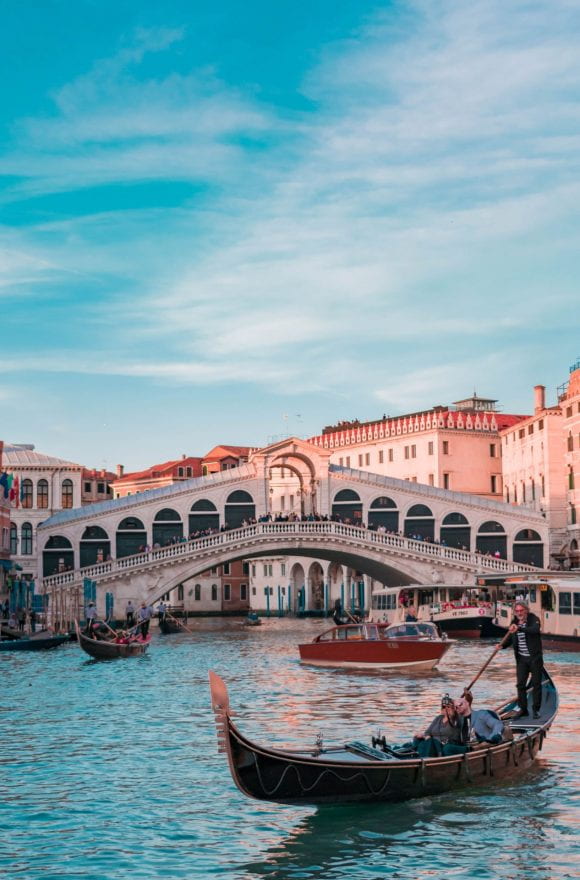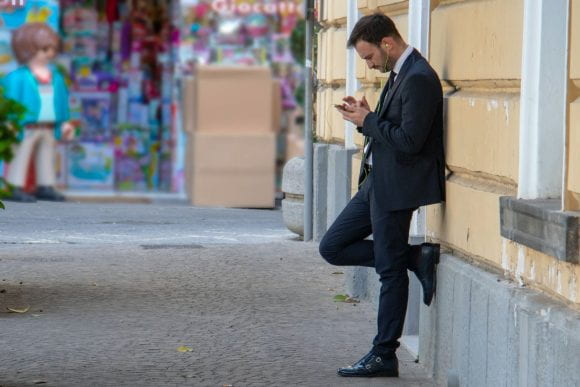Seven years ago, my understanding of cultural differences was relatively naive. Sure, I had moved to New York City. I’d traveled the world from London, England to Almaty, Kazakhstan, I was educated, I was a news junkie, I was cognizant of my advantages. Yet, it was a trip to Kampala, Uganda, to work with the African Dream Initiative that enlightened me. I was guilty of using the term “third world country” in a way that elevated my status. It was subconscious, but that doesn’t change the consequences. (Read here why the term is antiquated). I know that I’ve asserted my culture and identity. Not overtly, but in a way that was, well, ignorant. I admittedly mistook charity for empowerment. However, my good intentions, well-meaning, and loving intentions were rooted in privilege and growing up in a dogmatic, insular culture.
The organization No White Saviors notes that it’s “not a bad thing to care about issues like access to water or education, human trafficking, malnutrition, child protection, maternal health, poverty, HIV/AIDS — It’s certainly not wrong to see needs that exist within our own communities OR internationally & to want to do something to address these needs. The problem arises when you need to be centered as the one solving these problems and when the recipients of your aid/charity are always Black & Brown people” (Olivia, Nyanjura, Wendy, & Nielsen, 2019).
This post isn’t some admission to absolve me of guilt. This isn’t a public self-flagellation for my taken-for-granted advantage. This isn’t my ego seeking praise for my opening mind. I simply hope this will serve as an encouragement for me to continue listening and learning, to place understanding over assumptions. I like looking back seven years, seeing what I’ve learned. I hope to look back in another seven years and see more growth, understanding, and better perspectives.
In January of 2014, nine of us traveled from JFK in New York to Germany, Rwanda, and nearly 24 hours later, landed in Kampala, Uganda.
For two weeks, we would partner with the African Dream Initiative (ADI), developing creative arts and marketing curriculum for their students.
 Many of these students came from extreme poverty, some rescued from kidnappers, most of them orphans from families and tribes stricken by AIDS or war. All of these students were at a severe disadvantage; none of these students lacked ambition. A Gallup International survey found that Africans are “the world’s staunchest optimists.” 60 percent of African respondents believe that “the present year will be better than the last” (as cited by Moran, Abramson, & Moran, 2014, p. 508). None of these students lacked hope.
Many of these students came from extreme poverty, some rescued from kidnappers, most of them orphans from families and tribes stricken by AIDS or war. All of these students were at a severe disadvantage; none of these students lacked ambition. A Gallup International survey found that Africans are “the world’s staunchest optimists.” 60 percent of African respondents believe that “the present year will be better than the last” (as cited by Moran, Abramson, & Moran, 2014, p. 508). None of these students lacked hope.
ADI’s vision is “a world in which every disadvantaged child has the opportunity to fulfill their academic and leadership potential” (n.d). Their mission to provide students resources to overcome adversity allowed me to travel to Africa. One boy drew a perfect rendering of his favorite football (soccer) team’s logo. Another student had a magnificent eye for depth of field, framing, and photography. Some of the older students spent the week developing business and marketing proposals to improve their communities. Several students were hoping to build their portfolios or develop college applications. Some hoped to go to school in the US, but most of them planned to stay near home, leading to change in their communities. As Moran et al. emphasize, “Africa’s biggest need is for effective, indigenous leadership at all levels of their society” (2014, p. 507). And the African Dream Initiative “believes that the best way to build a stronger Africa is to foster future African leaders from diverse backgrounds.” They provide their “talented and motivated students with the skills, education, and resources they need to become leaders in their own communities, creating a cycle of success” (n.d.).
I’ll be honest. I went thinking I was serving these kids. I’ll admit, there was some pride in that… almost a false humility. I went to Uganda thinking I would help them. But it wasn’t aid or help I was giving; it wasn’t the privileged serving the helpless. Those weeks represented the kinds of cross-cultural partnerships that build a better world. If you’d asked me whether or not I thought my culture or race was superior, I would have said, “of course not!” But as the founders of No White Saviors remind us, “The problem arises when you need to be centered as the one solving these problems.” That was the moment I began to understand empowerment as a way to improve lives. I understood the ways I layered my culture on top of another.
My travels now connect me with people worldwide in ways the internet or news stories never can. “Through cross-cultural experiences, we become more broad-minded and tolerant of cultural ‘uniqueness.’ When this is coupled with some formal study of the concept of culture, we not only gain new insights for improving our human relations, but we become aware of the impact of our native culture” (Moran et al., 2014, p. 25). I grew up in the suburbs of a midwestern United States city. I used to lament the fact that I lived “in a bubble.” From a young age, I was uncomfortable with the homogeny of my community. So, it was no surprise that I developed a passion for exploring the world. The staff and students with the African Dream Initiative edified my life and broadened myopic view of the world.
References
African Dream Initiative. (n.d.). Our mission & vision. Retrieved from https://africandreaminitiative.org/post-234/











